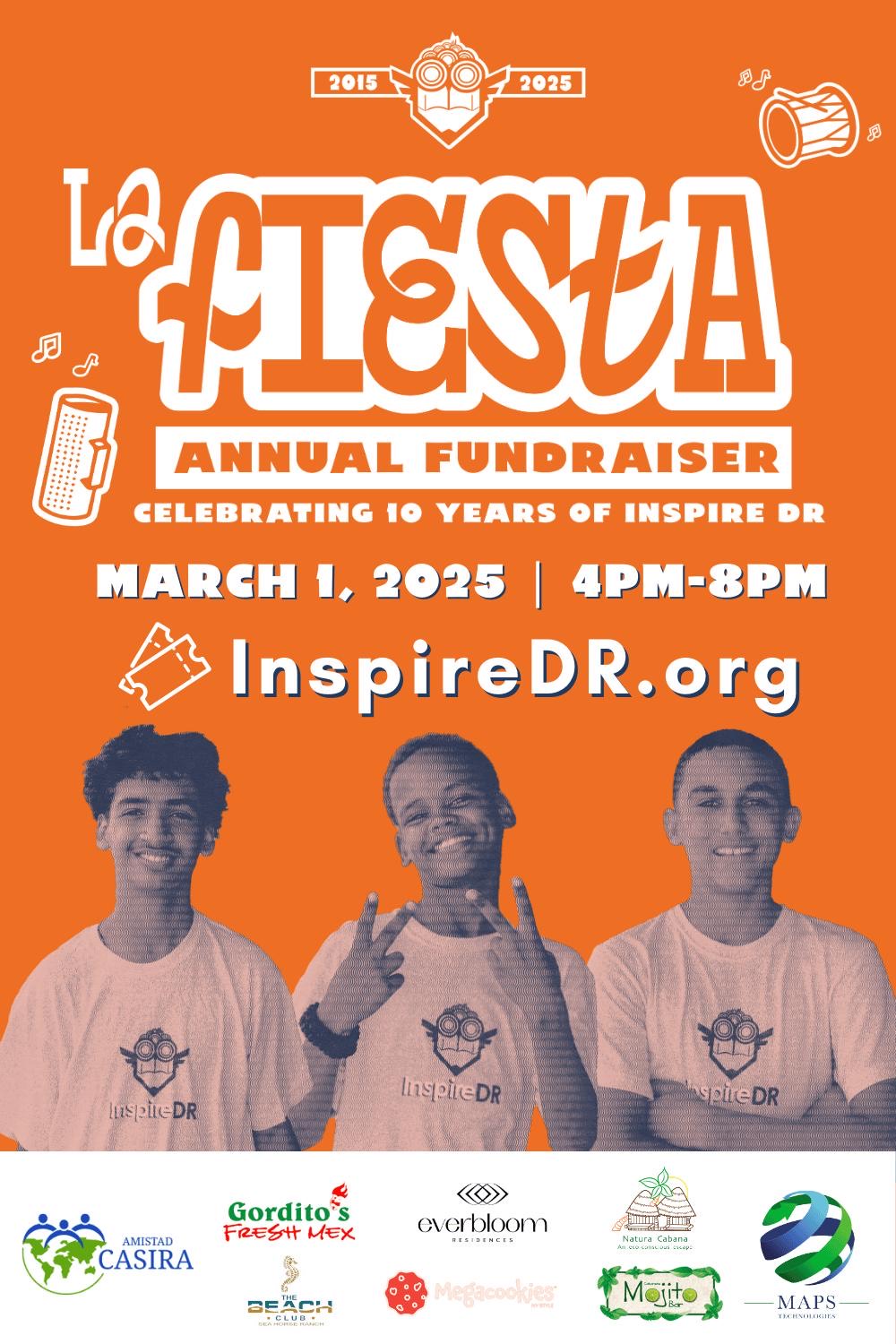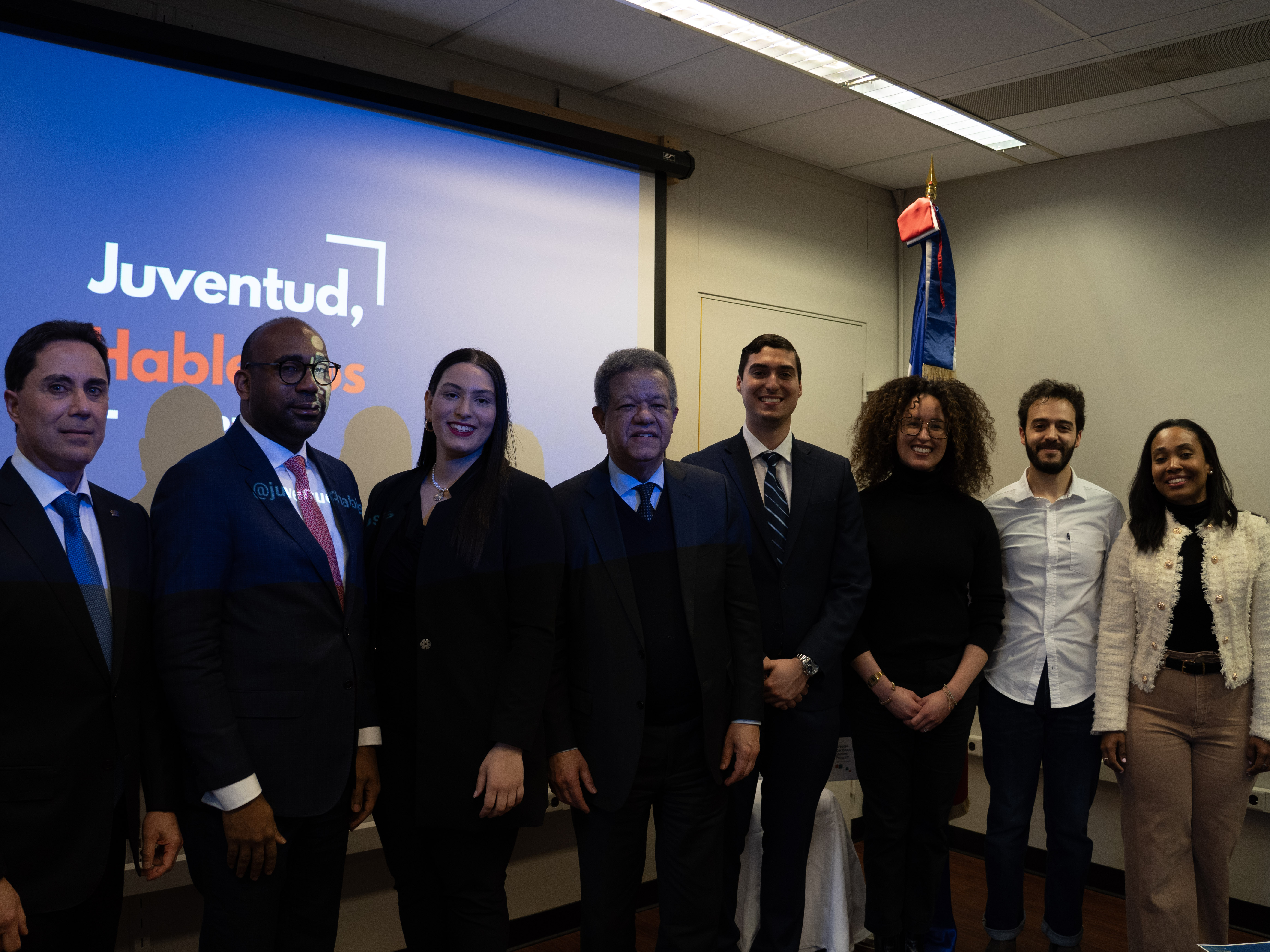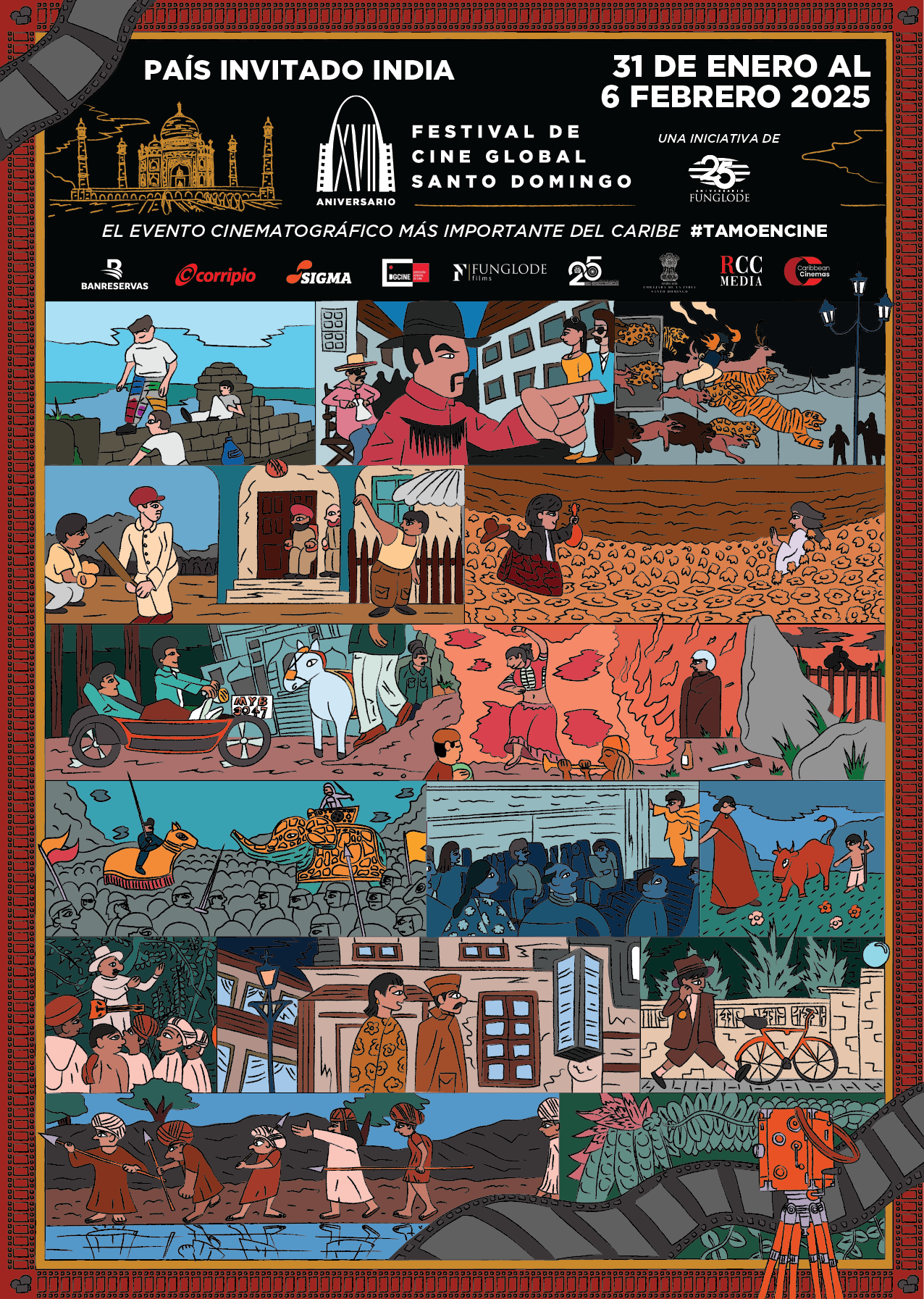Ecological Filmmaking is the Most Powerful Tool by which to Advocate for Environmental Preservation
 | Ecological Filmmaking is the Most Powerful Tool by which to Advocate for Environmental Preservation Michael Parfit, Evan Abramson, Fernando Báez and Suzanne Chisholm consider ecological filmmaking to be the most powerful tool by which to advocate for environmental preservation. “Stories are the most natural way to learn about other situations. When you make a film centered on the opinions of the filmmaker, you request that the audience change their minds, but with a narrative film, you trust that the spectator will arrive at his or her own point of view,” The filmmakers all spoke of the importance of incentivizing cinematographic productions, emphasizing that it is the most important tool for reaching large numbers of people and creating awareness of environmental conservation in a global world. During the workshop “Ecological Films… Action!,” Michael Parfit, producer of the film The Whale expressed that he finds narrative films to be the most effective genre for environmental topics, given that they tell a story with real moments and characters, without necessarily manifesting the point of view of the person behind the camera. “Stories are the most natural way to learn about other situations. When you make a film centered on the opinions of the filmmaker, you request that the audience change their minds, but with a narrative film, you trust that the spectator will arrive at his or her own point of view,” affirmed Parfit. Evan Abramson, of the film Carbon for Water, added that an additional element that must be taken into consideration is the objective behind the creation of a film and the target audience. He stressed that the simpler the script and the story, the more effective it will be, as it will be able to reach a wider audience.
Suzanne Chisholm, producer of the film The Whale, urged those present to never give up the search for good stories. She said that everyone that seeks to become a good filmmaker should pursue their dream every day. The workshop served as a platform by which to consider the new opportunities made possible by the country’s new film law and to discuss the evolution of the Latin American film industry and growing sensitivity towards the environment. Evan Abramson is an award-winning filmmaker and photographer born in New York City. Together with his wife Carmen Elsa Lopez, he writes, directs, shoots, edits and produces. In 2010 they formed Cows in the Field, a production house focused on telling the stories of people impacted by environmental crisis around the globe — and on finding solutions. Their 2011 documentary Carbon for Water, has won nearly 20 film festival awards. Evan’s 2010 multimedia documentary, When the Water Ends won First Prize at the 2012 World Water Forum and was nominated for a Webby, a World Press Photo Award and was a finalist in the Online Journalism Awards. Fernando Báez, Founder and President of Unicorn Films and Grupo Unico, has made more than 250 documentary films. He was production manager on several channels of the Dominican Republic, as well as director and producer of the documentary series La Imagen Nacional. He has won numerous national and international awards as a television director. His productions include Tiempo para Cosechar; Un Pueblo con Alma de Carnaval; República Dominicana… Sus Ríos, Saltos y Lagos; and the recently released feature film El Rey de Najayo, among others. Fernando Baez holds M.A. degrees in both Cinematography and Film.
Together with her husband, Michael Parfit, Suzanne directed, produced and filmed over 20 stories for the National Geographic Channel-US, on a variety of environmental, wildlife, cultural and human-interest stories around the world. They also directed and produced The Search for the Never Never, a one-hour documentary about the Australian environment, which was distributed internationally. Their first film was Letters from the Forgotten People, a story about refugees in Tanzania. Her work has been shown on National Geographic Channel, CNN, PBS, BBC, NHK, France 2, CBC, Al-Jazeera, and in film festivals around the world. Collaborators The realization of DREFF 2012 has been made possible thanks to support and contributions from our collaborators: Centro Cuesta Nacional (Arrecife), Banco de Reservas (Colibrí), Fundación Vida Azul, Panorama Verde, Odebrecht, Uepa.com, Uepa Radio, PUNTACANA Resort & Club, el Proyecto Nautilius, the Ministry of Environment and Natural Resources of the Dominican Republic, Sueños de Colores (Dreams in Color), la Revista Flow (Flow Magazine), el Centro Cultural Perelló (Perelló Cultural Center), the Embassy of Spain in the Dominican Republic, , Universidad Nacional Pedro Henríquez Ureña (UNPHU) (Pedro Henríquez Ureña National University), the Ministry of Culture of the Dominican Republic, Clúster Turístico del Destino Puerto Plata (Tourism Cluster Destination Puerto Plata), la Universidad Católica Nordestana de San Francisco de Macorís (Catholic University Nordestana de San Francisco de Macorís), el Centro Cultural Narciso González (Narciso González Cultural Center), Centro León, CEDAF, Terra and RENAEPA, among others.
|

Related News
-

(Versión en español) MINC realiza el evento "Enamórate del Arte y la Cultura" en Los Alcarrizos
-

(Versión en español) InspireDR celebra una década de impacto con “La Fiesta 10” en Cabarete
-

(Versión en español) Organización “Juventud Hablemos” de la Universidad de Columbia y la GFDD copatrocinan a casa llena evento sobre “La evolución de la democracia en la República Dominicana”
-

(Versión en español) Realizan premiere del documental “El Padrino II: 50 años y su filmación en República Dominicana”
-

Actividad #1
Dónde:: Complejo Acuático Del Centro Olímpico Juan Pablo Duarte.
Días: 28 y 29 de noviembre 2016.
Precios: RD$1,1000.00 VIP, RD$600.00 gradas.

 The cinematographic director Fernando Báez of Unicornio Films also pointed out that although environmental filmmaking is not high paying, it provides large payback in terms of personal satisfaction. He maintained that all productions with ecological storylines should be linked to ethics, so as to obtain results and possible solutions to the problem in question.
The cinematographic director Fernando Báez of Unicornio Films also pointed out that although environmental filmmaking is not high paying, it provides large payback in terms of personal satisfaction. He maintained that all productions with ecological storylines should be linked to ethics, so as to obtain results and possible solutions to the problem in question. Suzanne Chisholm is an award-winning film producer and director, currently living in British Columbia. She was born in Quebec and raised in Nova Scotia. She has produced and filmed news stories and documentaries in Europe, South America, Africa, Australia, the South Pacific and throughout North America.
Suzanne Chisholm is an award-winning film producer and director, currently living in British Columbia. She was born in Quebec and raised in Nova Scotia. She has produced and filmed news stories and documentaries in Europe, South America, Africa, Australia, the South Pacific and throughout North America.





